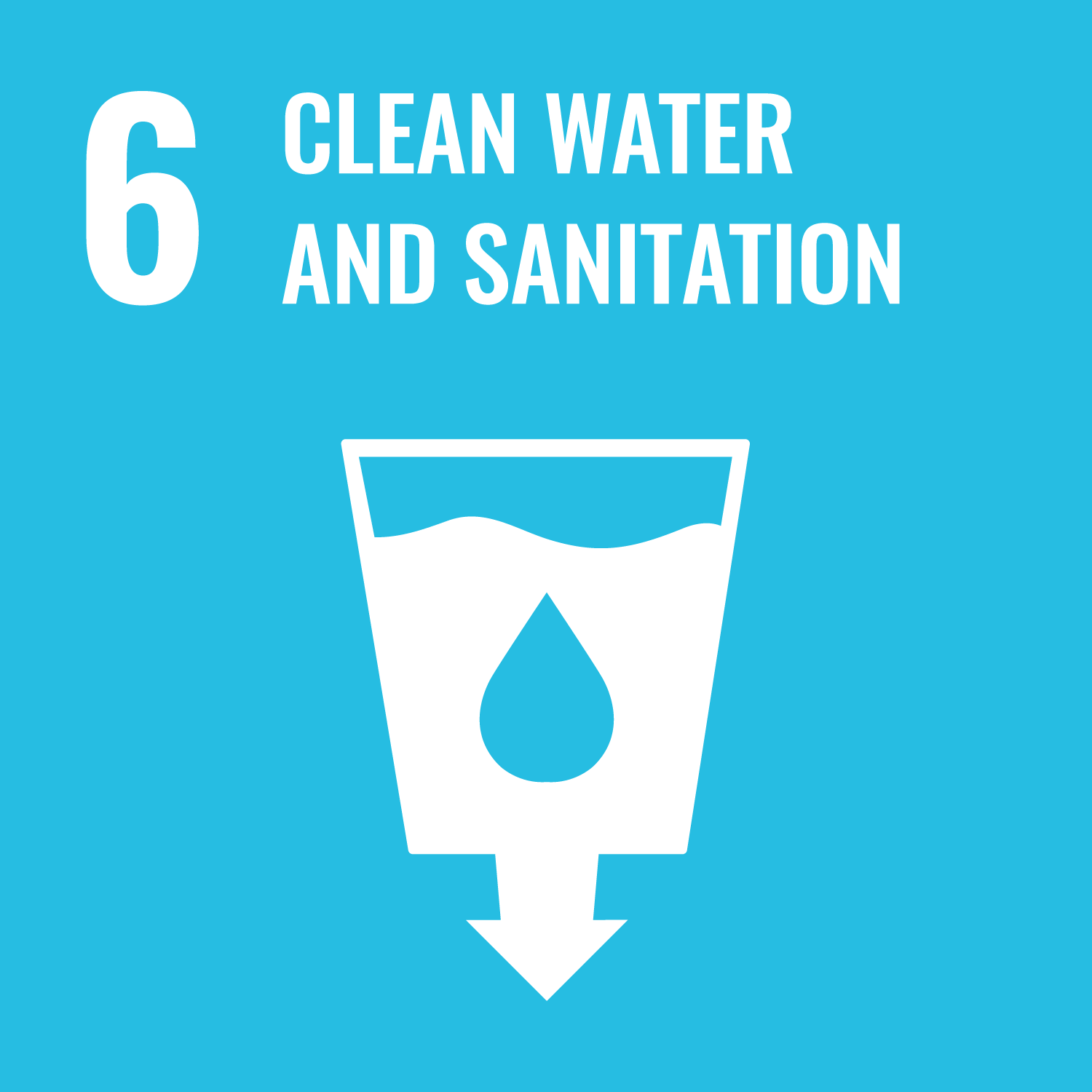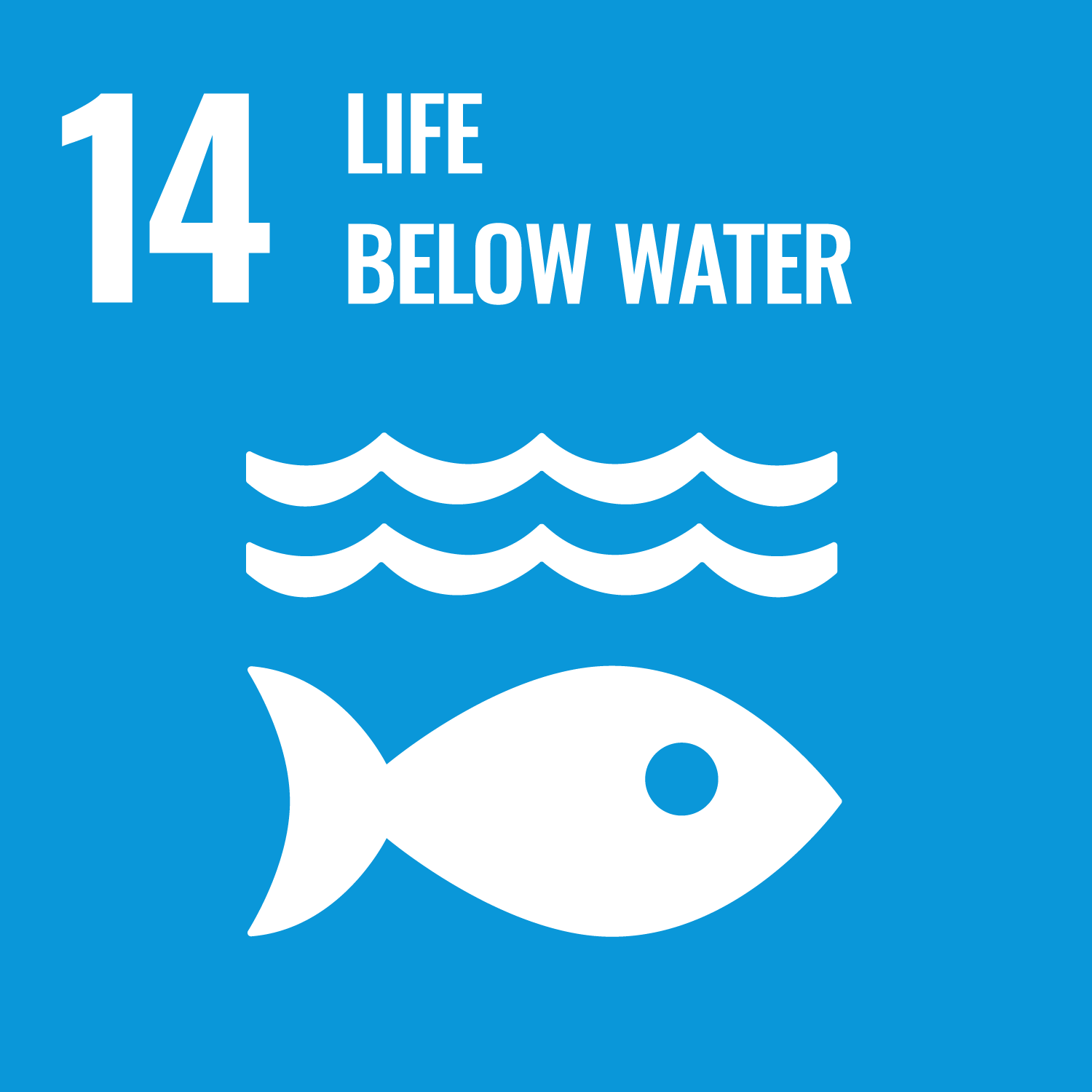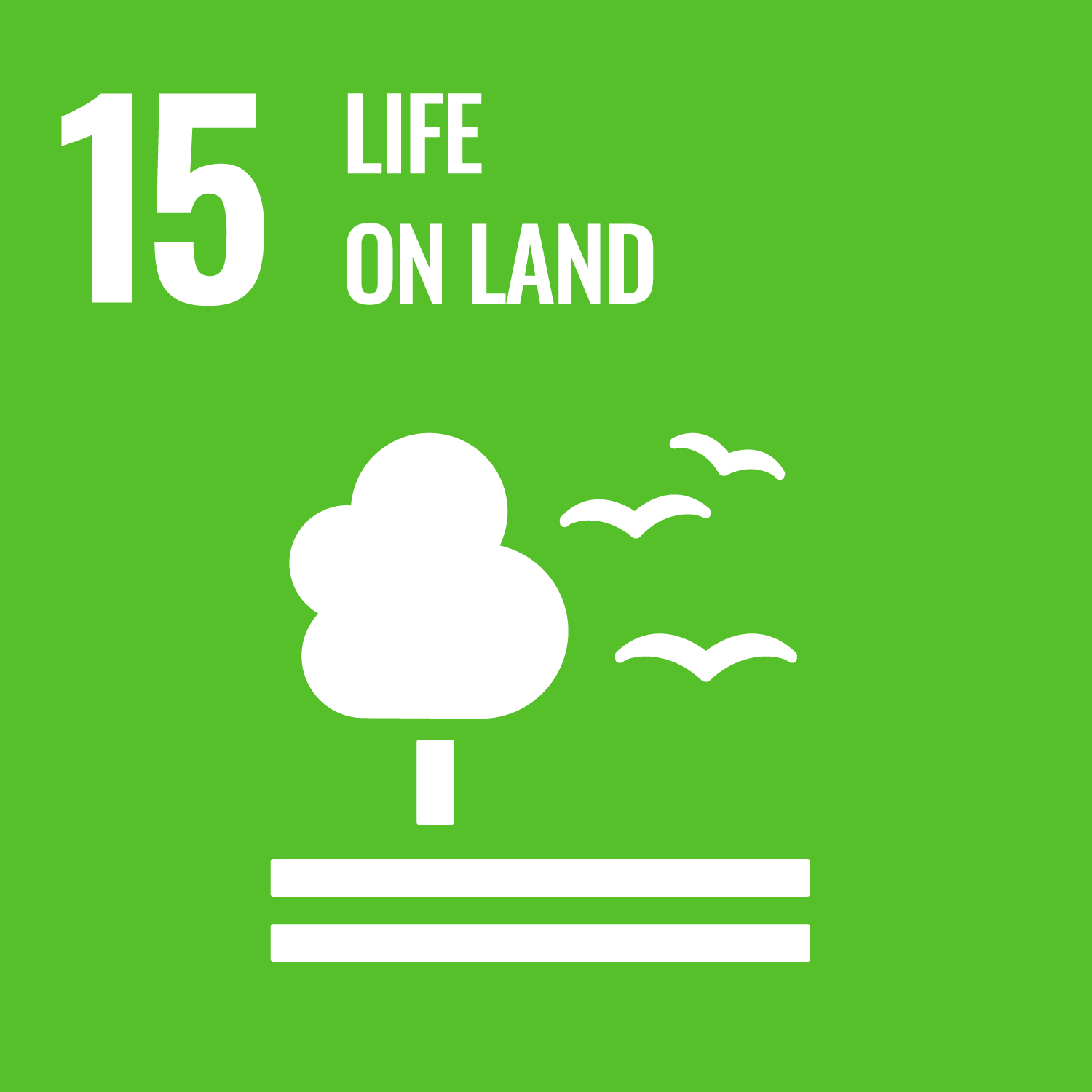A good and harmonious environment is inevitable for the future of mankind. However, the environment is so complex and multi-faceted
that how we grapple with and what we have to do with it is a hard problem to pursue. Subjects in the academic discipline generally
called “Environmental studies” are extensive and the approach to it varies.
This course is an introduction to Environmental studies. Instead of dealing with a specific subject and/or a issue, you are to learn the discipline through the areas of humanities and social sciences such as Ethics, Politics, Economics, Sociology, Geography, Anthropology, and so on.
This course is an introduction to Environmental studies. Instead of dealing with a specific subject and/or a issue, you are to learn the discipline through the areas of humanities and social sciences such as Ethics, Politics, Economics, Sociology, Geography, Anthropology, and so on.
The purpose is to understand the basic thinking from humanities and social sciences to academic approaches to environment
and environmental issues, and to become able to think logically about environment and environmental issues.
| Goals and objectives | Course Outcomes | |
|---|---|---|
| 1. | Understanding the basic concepts in Environmental studies. | |
| 2. | Applying the concept of environmental studies to real society. | |
| 3. | Logically consider environmental and environmental issues. |
| Class schedule | HW assignments (Including preparation and review of the class.) | Amount of Time Required | |
|---|---|---|---|
| 1. | Purpose and significance of studying about "Environmental studies" | Read the syllabus of this course carefully | 20分 |
| Review of the class | 100分 | ||
| 2. | Environment and surrounding | Preparation of the next class | 50分 |
| Review of the class | 100分 | ||
| 3. | Environmental problems and issues | Preparation of the next class | 50分 |
| Review of the class | 100分 | ||
| 4. | Environmental ethics: 1 | Preparation of the next class | 50分 |
| Review of the class | 100分 | ||
| 5. | Environmental ethics: 2 | Preparation of the next class | 50分 |
| Review of the class | 100分 | ||
| 6. | Environmental economics: 1 | Preparation of the next class | 50分 |
| Review of the class | 100分 | ||
| 7. | Environmental economics: 2 | Preparation of the next class | 50分 |
| Review of the class | 100分 | ||
| 8. | Midterm review | Preparation of the midterm exam or writing of the reports | 440分 |
| 9. | Environmental sociology: 1 | Preparation of the next class | 50分 |
| Review of the class | 100分 | ||
| 10. | Environmental sociology: 2 | Preparation of the next class | 50分 |
| Review of the class | 100分 | ||
| 11. | Environmental issues and Politics | Preparation of the next class | 50分 |
| Review of the class | 100分 | ||
| 12. | Environmental management | Preparation of the next class | 50分 |
| Review of the class | 100分 | ||
| 13. | Environmental issues and Manufacturing | Preparation of the next class | 50分 |
| Review of the class | 100分 | ||
| 14. | Course review and Final exam | Preparation of the final exam | 440分 |
| 15. | 。 | ||
| Total. | - | - | 2650分 |
| Quiz | Midterm exam or reports | Final exam | Total. | |
|---|---|---|---|---|
| 1. | 5% | 10% | 10% | 25% |
| 2. | 10% | 20% | 20% | 50% |
| 3. | 5% | 10% | 10% | 25% |
| Total. | 20% | 40% | 40% | - |
(1)Grade is given based on the following: Quiz 20%, Midterm exam or Reports 40%, Final exam 40%.
(2)You are required to attend over two-thirds of classes to take the Final exam.
(2)You are required to attend over two-thirds of classes to take the Final exam.
No particular texts are required. Suggested readings will be mentioned from time to time in the class.
(1) When more students than the max acceptance number are intended to take class, selection is made based on an assignment
to all the students.
(2) Do not be absent from the first lecture class.
(2) Do not be absent from the first lecture class.
- Kurishima:Tuesday(1S) or Wednesday(2S) at Omiya lecturers room, Monday and Friday at Toyosu office
- Unakami: Lectures room after the lecture
- Furugori: Lectures room after the lecture
- Course that cultivates an ability for utilizing knowledge
| Work experience | Work experience and relevance to the course content if applicatable |
|---|---|
| N/A | N/A |







- 6.CLEAN WATER AND SANITATION
- 7.AFFORDABLE AND CLEAN ENERGY
- 11.SUSTAINABLE CITIES AND COMMUNITIES
- 12.RESPONSIBLE CONSUMPTION & PRODUCTION
- 13.CLIMATE ACTION
- 14.LIFE BELOW WATER
- 15.LIFE ON LAND
Last modified : Wed Sep 02 04:08:46 JST 2020
